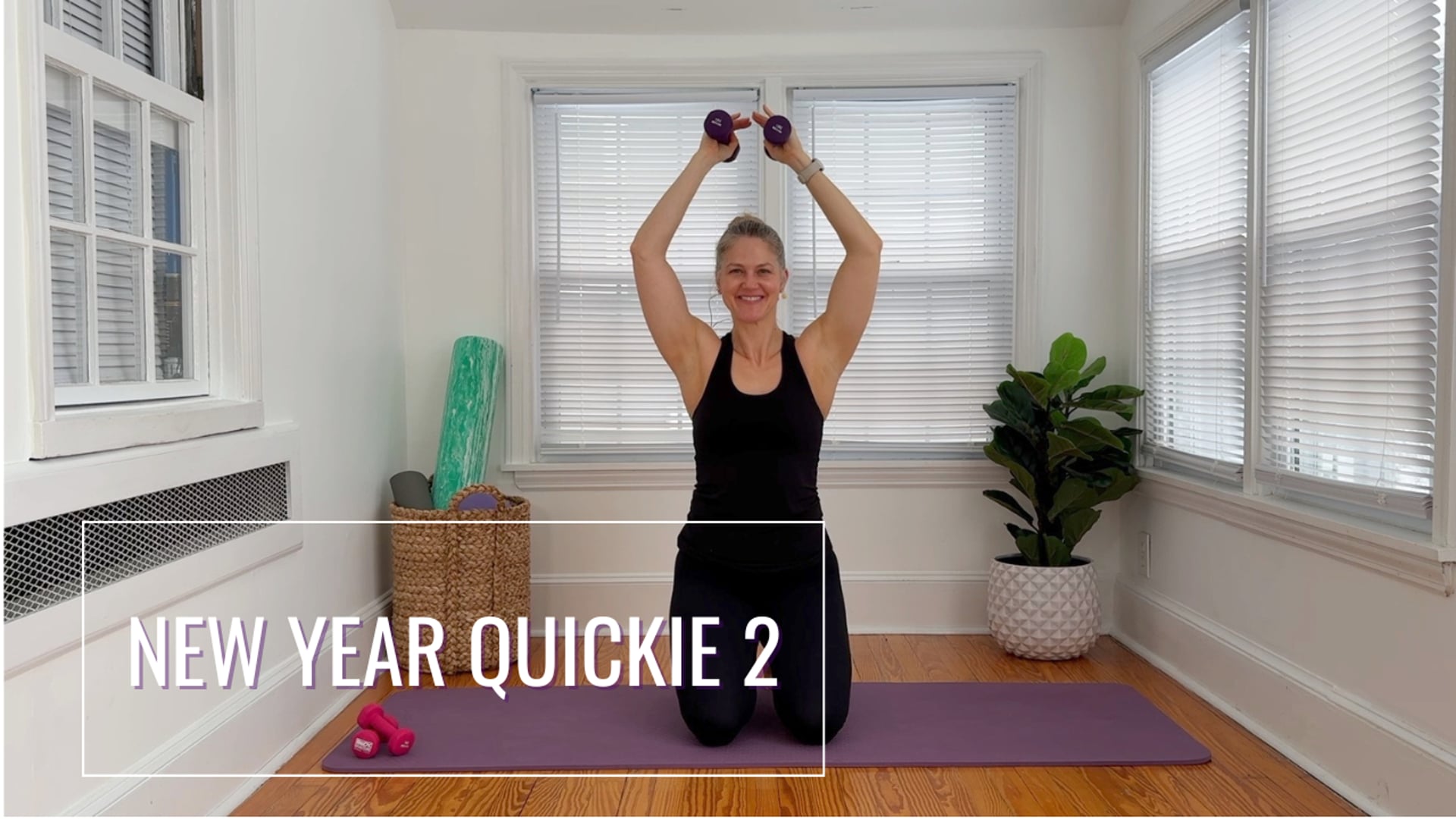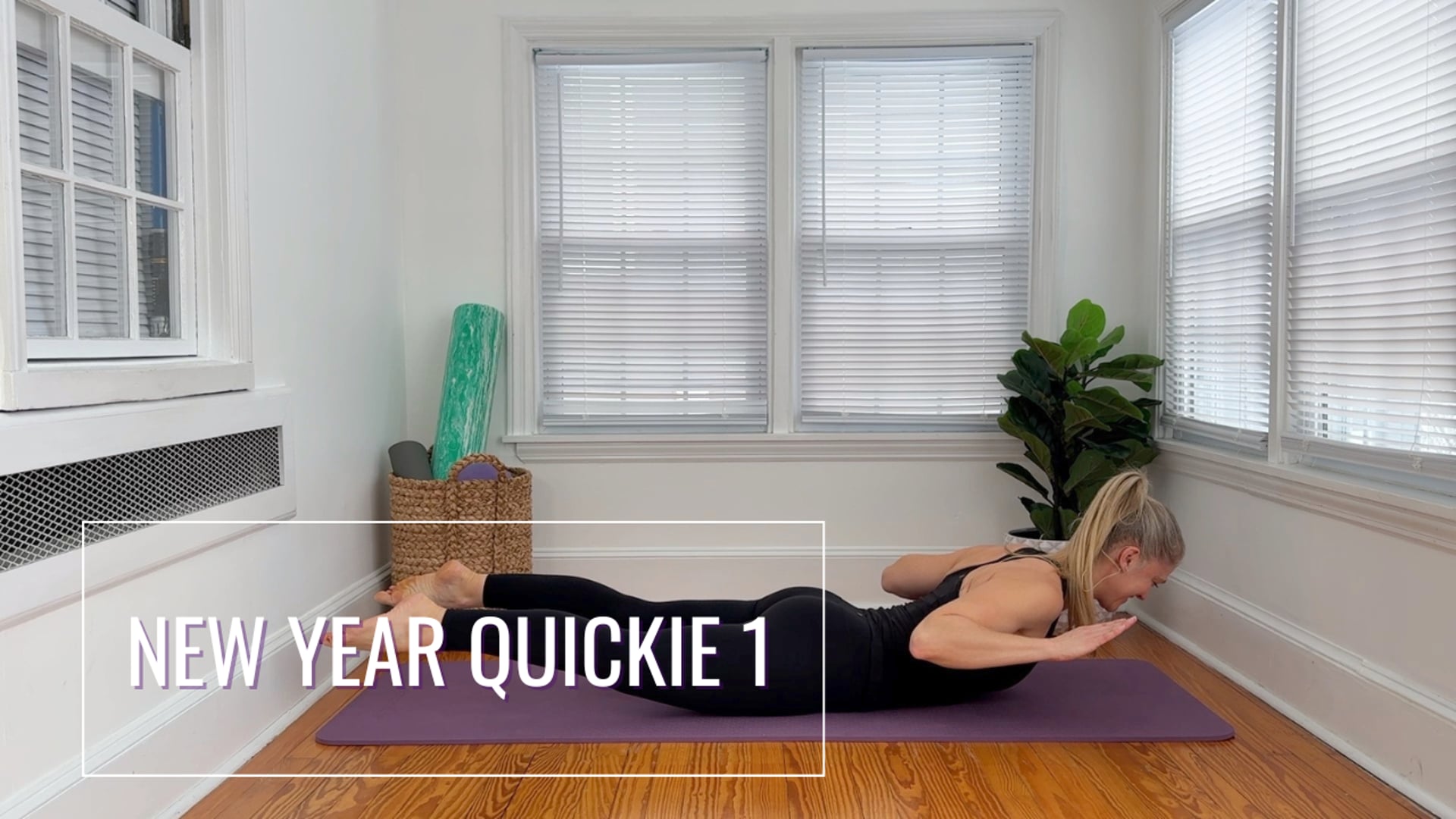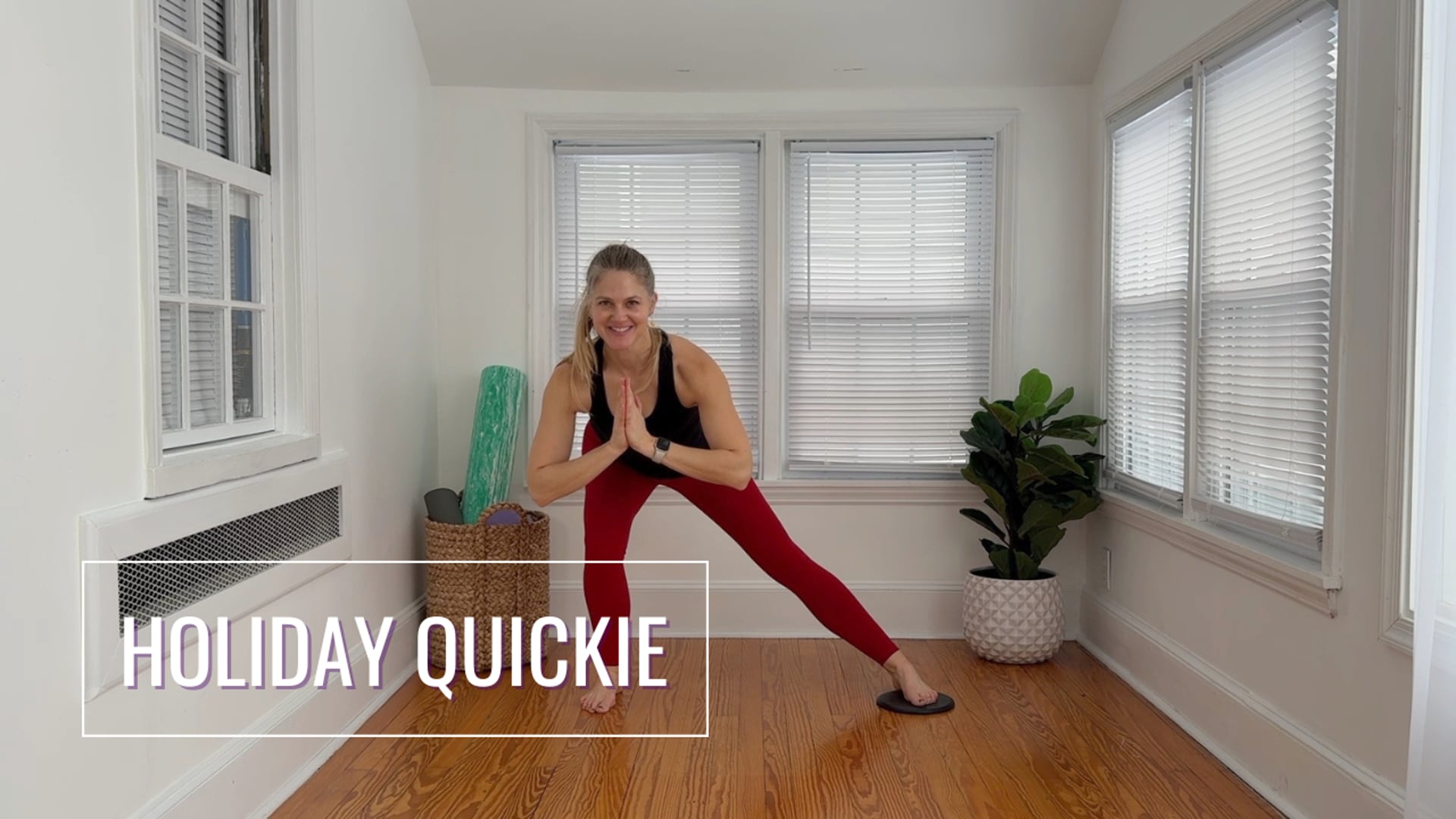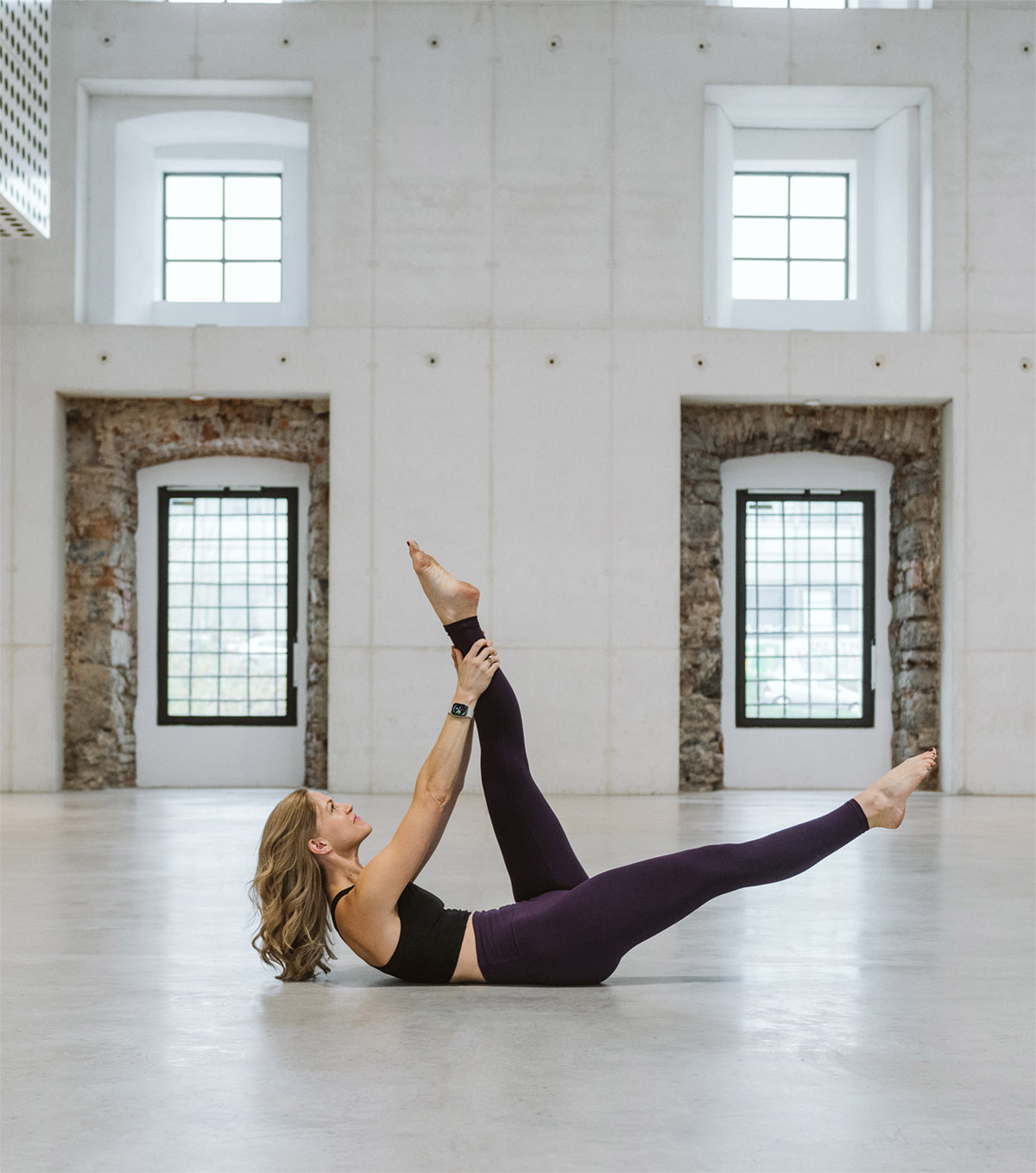Osteoporosis is a condition that causes bones to become brittle and fragile, which can lead to fractures and other complications.
According to the National Osteoporosis Foundation, approximately 10 million people in the United States have Osteoporosis, and around 80% are women. Additionally, another 44 million Americans have low bone density, which puts them at risk for developing osteoporosis. Women are at a higher risk for Osteoporosis because they tend to have smaller and thinner bones than men, and they lose bone density more rapidly as they age due to hormonal changes during menopause.
While some medications and supplements can help reduce the risk of Osteoporosis, incorporating exercise into your routine is an integral part of prevention. The good news is that Pilates has been shown to positively affect bone health and reduce the risk of osteoporosis.
Pilates is a low-impact exercise that strengthens and stabilizes the core muscles. It was developed in the early 20th century by Joseph Pilates, who believed physical and mental health were closely connected. Pilates can be done using specialized equipment or just a mat, making it accessible to people of all fitness levels and ages.
As we age, women, in particular, are at greater risk of Osteoporosis or osteopenia (decrease in bone density). There is growing evidence that Pilates can help reduce the risk of Osteoporosis.
Here are some of the ways that Pilates can benefit bone health:
- Improves posture: Poor posture can put undue stress on the bones and lead to compression fractures. Pilates emphasizes proper spine alignment and can help improve posture over time.
- Builds core strength: Pilates focuses on strengthening the muscles that support the spine, including the abdominals, back muscles, and pelvic floor. This can help improve overall stability and reduce the risk of falls which can have disastrous and life-altering consequences.
- Increases bone density: Weight-bearing exercises are essential for building bone density, and Pilates includes many exercises that require bearing weight on the hands, feet, and other body parts. A study published in the Journal of Bodywork and Movement Therapies found that postmenopausal women who did Pilates for six months had significantly increased bone density in their spine and hips.
- Reduces stress: Chronic stress can negatively affect bone health, so finding ways to manage stress is essential. Pilates incorporates deep breathing and relaxation techniques that can help reduce stress and improve overall well-being.
Overall, Pilates is a safe and effective form of exercise that can benefit bone health in various ways. As with any exercise program, it is important to talk to your doctor before starting Pilates, especially if you have a history of Osteoporosis or other health conditions.
Interested in giving Pilates a try? Schedule your Introductory Consultation today to get started!






